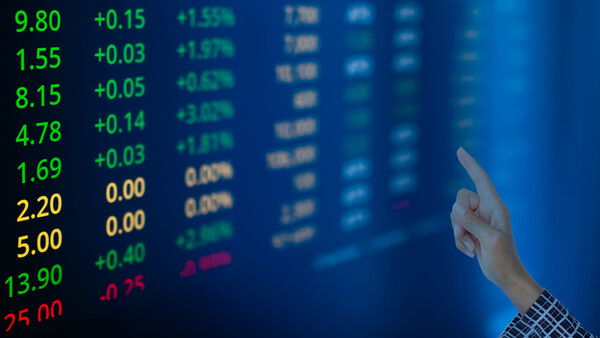In a recent surge of shareholder-friendly moves, Korean pharmaceutical and biotech firms are ramping up their efforts to return value to their investors as they approach their annual shareholder meetings.

Among the notable actions are substantial share buybacks and plans to enhance dividend payouts, reflecting a broader industry trend toward rewarding shareholders.
Celltrion has taken a significant step by deciding to buy back 425,895 shares, worth 75 billion won ($55.9 million), marking its first buyback of the year.
The decision comes amid the company's ongoing applications for overseas approvals of biosimilars and plans to launch new drugs.
Despite these developments, Celltrion believes its corporate value is undervalued and sees the share buyback as a means to stabilize its stock price and enhance shareholder value.
This initiative involves the purchase of such shares starting from March 6, continuing the trend from last year when the group bought back shares amounting to approximately 1.25 trillion won.
Executives at Aptamer Sciences, including CEO Han Dong-il, have also bought company shares to support the stock price.
Han acquired 10,000 shares, while two other executives purchased 8,000 shares each, totaling 26,000 shares bought on the market.
Similarly, SillaJen's CEO Kim Jae-kyung fulfilled his promise to shareholders by purchasing 20,000 shares on March 7 and 8, underscoring his confidence in the company's vision and commitment to enhancing shareholder value.
Dong-A Socio Holdings has announced a shareholder return policy for the fiscal years 2024 to 2026, planning to use more than 50 percent of its separate free cash flow, which is operating cash flow minus capital expenditures (CAPEX), for shareholder returns.
The plan includes cash dividends of over 30 billion won and an annual stock dividend of 3 percent, a strategy expected to increase stock trading volume and benefit shareholder value.
In line with the industry's pro-shareholder stance, many pharmaceutical companies have also announced increases in their dividend payouts since last year.
Yuhan Corp. led the pack with a dividend payout of 32.1 billion won in 2023, a 17.9 percent increase from the previous year.
Chong Kun Dang also showed a 14.8 percent increase in its dividend amount during the same period. The company raised its dividend from 11.6 billion won in 2022 to 13.3 billion won last year. GC Biopharma (17.1 billion won), Kyungdong Pharmaceutical (10.9 billion won), and Samjin Pharmaceutical (10.2 billion won) also distributed dividends exceeding 10 billion won last year.
The focus on shareholder value is not limited to share buybacks and dividends.
Companies like Huons have actively engaged in share buyback and retiring such shares to enhance shareholder value, with Huons recently purchased and cancelled shares worth 54.5 billion won, representing 3 percent of its total issued shares.

